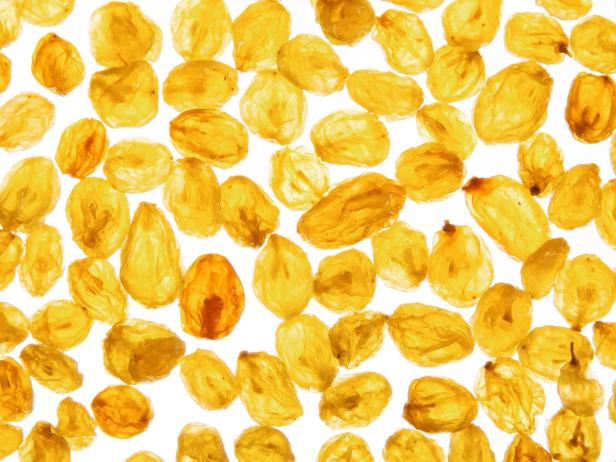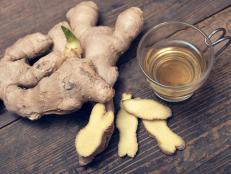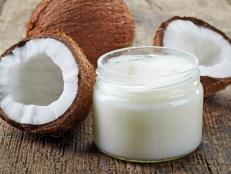Dried Fruit: Good or Bad?

USDA's MyPlate recommends 1½ to 2 cups of fruit each day. Fresh, canned and dried fruit can all be counted towards the recommended daily dose of fruit, but it's the portion that matters.
Portions can get a little confusing, especially when it comes to dried varieties. Dried fruit is more condensed than fresh due to the removal of water. For that reason, ½ cup of dried varieties counts as 1 cup of fruit.
Dried fruits contain a nice amount of minerals, phytonutrients and fiber (the exact amounts depend on the type of fruit).
Dried fruit is portable (making it a handy snack) and versatile in cooking. Toss raisins and dried apricots together with almonds and whole-grain cereal for a quick and easy trail mix. Fold dried plums (aka prunes) or cranberries (or both!) into a batter of cookies, scones or bread. Add dried blueberries to morning oatmeal or sprinkle dried cherries over a spinach salad.
The method of drying depends on the type of fruit. When some fruit are dried, sulfur dioxide is added to help prevent discoloration. The chemical has been known to cause severe reactions in people sensitive to it, especially asthmatics. Sulfur dioxide also destroys some of the B vitamin thiamin. Although many fruits do contain sulfur dioxide, you can also find versions without at some markets or online.
Drying also destroys other B vitamins and vitamin C, some of which leach out during the process. Some dried fruits contain added sugar, while other varieties (such as banana) are fried. Read the ingredient list to make sure you're purchasing dried fruit without unhealthy add-ins.
The Bottom Line: Dried fruit can absolutely be part of your daily dose of fruit. Be mindful of portions and avoid dried fruit made with chemicals, preservatives and added fat and sugar.
Toby Amidor, MS, RD, CDN, is a registered dietitian and consultant who specializes in food safety and culinary nutrition. See Toby's full bio »


































